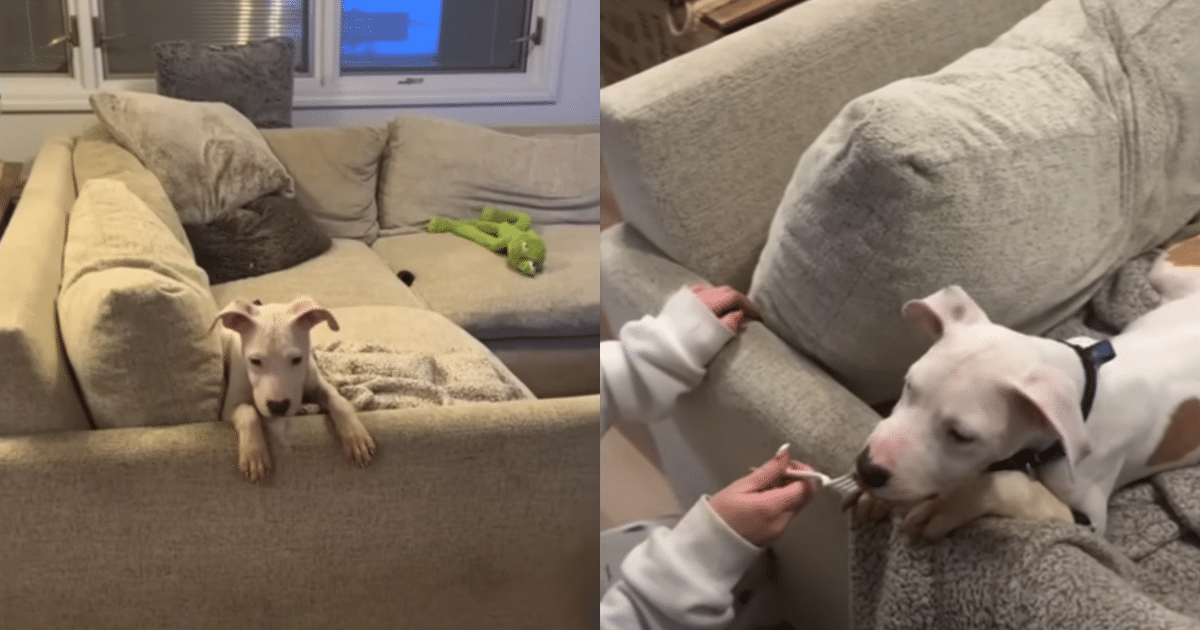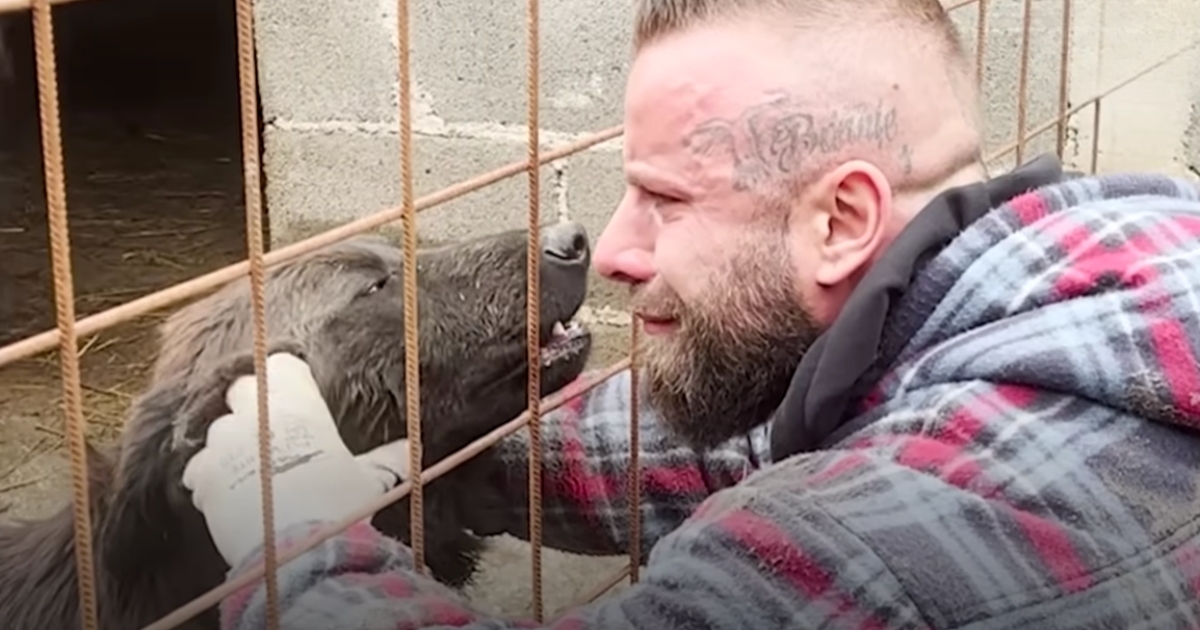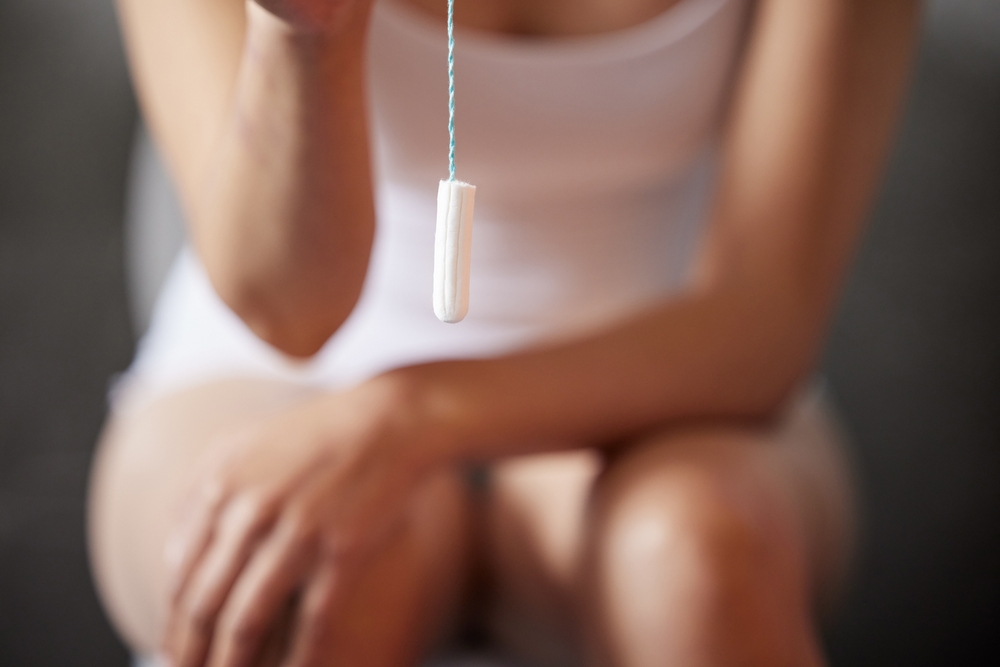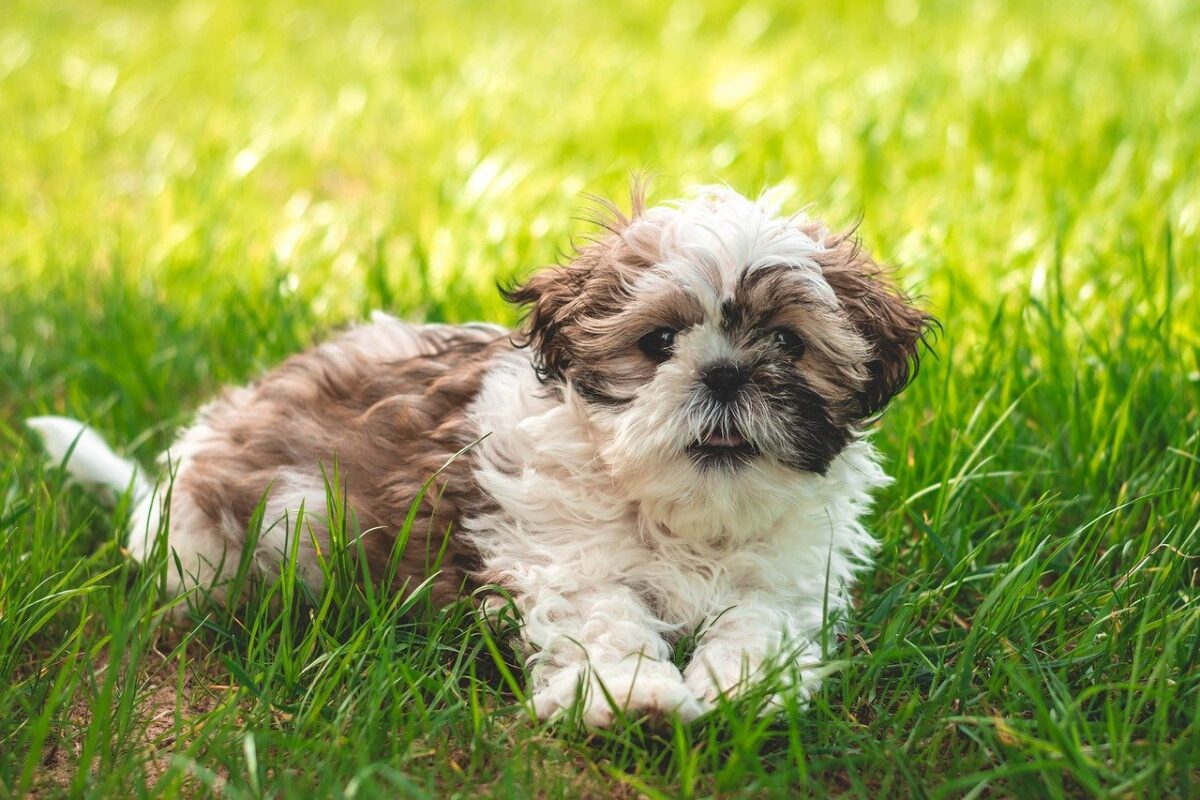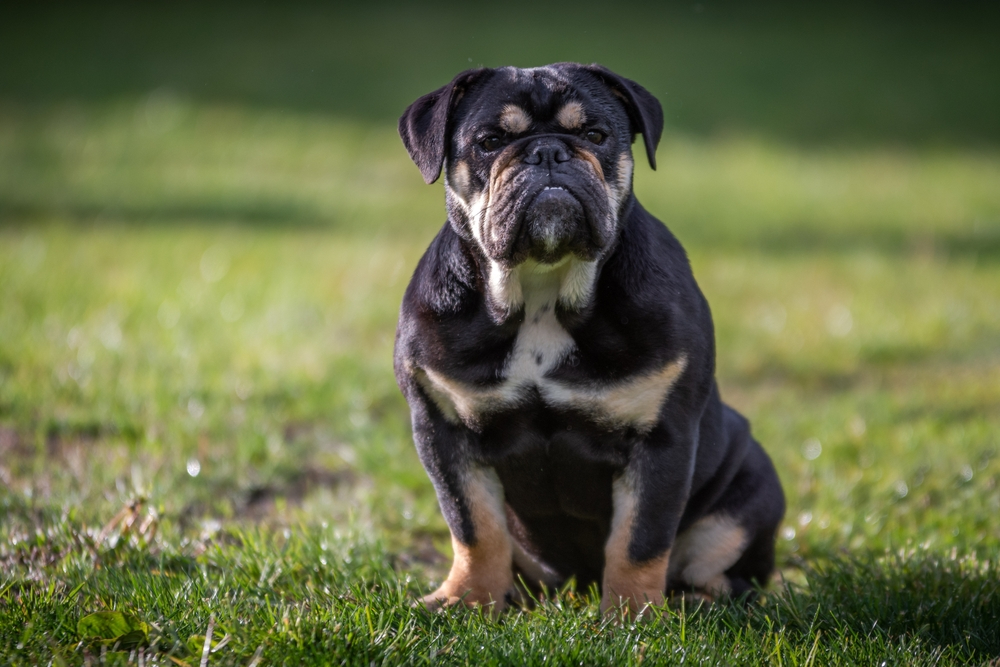
The information is current and up-to-date in accordance with the latest veterinarian research.
Learn more »
The Bulldog is probably one of the first breeds that comes to mind when you think of a dog with wrinkles. The dog’s appearance has undoubtedly struck a chord with many pet owners, with the breed ranking 7th on the American Kennel Club (AKC) list of the most popular canines.1 The Bulldog has quite the presence with short legs, a muscular body, skin furrows, and a short muzzle.
Unfortunately, these unique traits are part of a sad chapter in the breed’s history. Writings by Roman historians described the ferocious canines of Britain, a reference to the ancestors of the modern-day Bulldog. The breed’s name is another reminder of the sobering past of the dog and their use in bull baiting, and their wrinkles are believed to have been a way to help protect them during fights. However, the dog’s wrinkles have less to do with fighting these days and more to do with aesthetics.
History and Selective Breeding of the Bulldog
Scientists estimate that canine domestication occurred more than 30,000 years ago. Wild canids went from competitors to working dogs and companions. Selective breeding further morphed dogs into over 300 breeds we have today. Changes in the last 200 years often focused on the animal’s appearance and conformation to official standards.
The history of the Bulldog is intertwined with the Mastiff. Enthusiasts aimed to give the Bulldog a stronger bite during bull baiting. This brutal sport arose from the misconception that the meat of a bull killed by a canine was more tender. The cruelty was unfathomable. Fortunately, England banned the practice in 1835. However, that left these dogs without a purpose, threatening the extinction of the breed.
Image Credit: Валентин Симеонов, Pixabay
The Rise of Wrinkles
Many accounts researched attributed the
Image Credit: Sue Thatcher, Shutterstock
wrinkles or skin folds as protection for the animal during fights. Some even described their role as channels for the bull’s blood to run off of the pup’s face. However, pictures of the Bulldog from the 19th century depict an animal very different from the dog with the wrinkles we know today. They had long tails and legs without the extra-deep skin furrows.
Researchers have hypothesized wrinkles and other distinct Bulldog characteristics are a more recent manifestation. A genetic assessment of the breed stated, “These specific and extreme phenotypic traits required strong positive selection (strong sweeps) in specific regions of the genome”.2 That statement makes sense, given the strong push by enthusiasts to save the breed after bull baiting was outlawed. Pressure existed to make the breed gentler and more suitable for pet ownership.
Wrinkles likely first appeared due to a genetic mutation. People liked the way they looked, so animals with wrinkles were then bred together to create more animals with wrinkles until that’s what the look of the Bulldog breed became. However, these mutations can also bring unintended negative consequences, something called piggyback mutations.
The Problem With Wrinkles and Other Bulldog Traits
The Bulldog has some issues because of the pressure of selective breeding. The dog’s short legs are the result of a mutation called chondrodysplasia (CDPA). That can put undue pressure on the animal’s joints. Another mutation associated with this stature is chondrodystrophy (CDDY). It predisposes dogs to intervertebral disc disease (IVDD). IVDD can lead to the deterioration or rupture of the discs between a dog’s vertebrae. It can cause spinal damage and extreme pain in affected animals.
Sadly, it doesn’t stop there. The short, flat face of the Bulldog classifies them as a brachycephalic breed. Other dogs with this condition include the Boxer and Pug. Their faces may look cute, but it adversely affects their quality of life. These pets often develop brachycephalic obstructive airway syndrome (BOAS), making them susceptible to respiratory disorders and exercise intolerance. The latter increases a dog’s risk of obesity, further affecting their health and longevity.
Selective breeding for wrinkles and other traits in Bulldogs has reduced their gene pool size and genetic diversity. The problem with these consequences is the long-term viability of the breed. They increase the risk of hereditary and congenital conditions that can further compromise a Bulldog’s quality of life. Research has shown that selective breeding has created many risks for Bulldogs, and the wrinkles also have consequences.
Image Credit: Branislav Nenin, Shutterstock
Skin Fold Dermatitis
Skin fold dermatitis is a concern among wrinkly skin dogs like the Bulldogs and Pugs. The furrows may look cute but can also harbor moisture and bacteria, setting your pet up for health issues. The folds create an ideal environment for pathogens.
Clinical signs of an infection include the following:
Foul odor
Itchiness
Redness
Facial swelling
Keeping the furrows clean and dry is imperative for your Bulldog’s good health. Your vet may prescribe topical antifungal and antibiotics to keep the problems under control. However, it means more routine maintenance. The skin folds can also increase your pup’s risk of other skin conditions, such as canine acne. Good hygiene is the best prevention.
Final Thoughts
Bulldogs are adorable pets with a distinctive appearance that will turn heads. It’s one reason why they are so popular. Wrinkles are a relatively recent addition to the breed’s standard. However, they and other unique traits have consequences involving health care and disease risk. We suggest carefully researching your choice of a dog with wrinkles, considering these special needs.
Featured Image Credit: Seaq68, Pixabay


